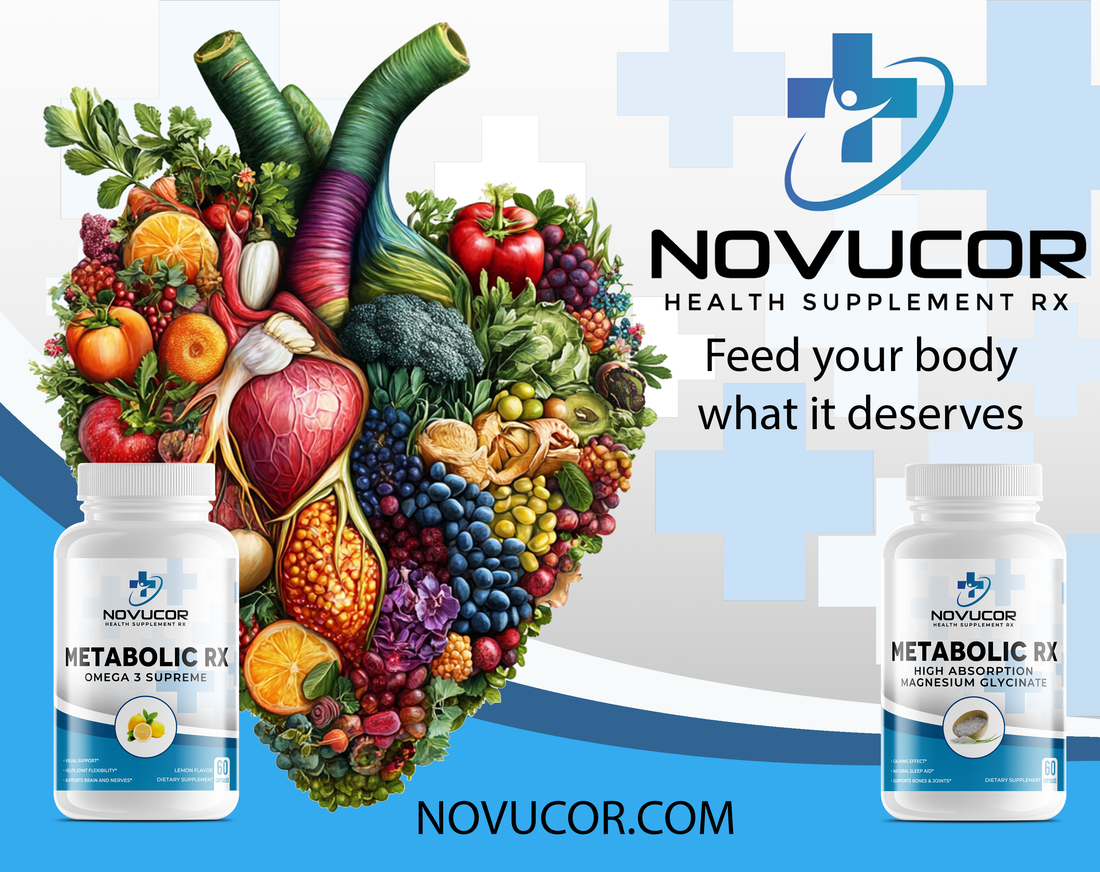
The Essential Guide to Supplements: What You Need to Know
Navigating the world of dietary supplements can be overwhelming, especially with the myriad of options available. Understanding which supplements can benefit your health and which ones to avoid is crucial. This article addresses common questions about supplements, providing clear and concise answers to help you make informed decisions.
What Supplements Should I Take?
The supplements you should take depend on your individual health needs, dietary habits, and lifestyle. Common supplements that many people consider include:
- Multivitamins: To fill nutritional gaps in your diet.
- Omega-3 Fatty Acids: For heart health and inflammation reduction.
- Vitamin D: Especially important if you have limited sun exposure.
Before starting any new supplement, it's essential to consult with a healthcare provider to tailor the recommendations to your specific needs.
What Supplements Lower Cortisol?
Cortisol is a hormone released during stress. Certain supplements may help lower cortisol levels:
- Ashwagandha: An adaptogenic herb known for its stress-reducing properties.
- Rhodiola Rosea: Another adaptogen that can help manage stress and fatigue.
- Phosphatidylserine: A phospholipid that may help reduce cortisol levels when taken regularly.
What Supplements Lower Blood Pressure?
If you're looking to manage blood pressure, consider these supplements:
- Omega-3 Fatty Acids: Known to support cardiovascular health.
- Coenzyme Q10 (CoQ10): May help lower blood pressure by improving heart function.
- Garlic Extract: Some studies suggest garlic can aid in reducing blood pressure.
What Supplements Help with Weight Loss?
When it comes to weight loss, some of Novucor’s weight loss supplements may support your efforts and contain these ingredients:
- Green Tea Extract: Rich in antioxidants, it may boost metabolism.
- Garcinia Cambogia: A tropical fruit extract that may help reduce appetite.
- Omega 3: May help reduce body fat and improve lean muscle mass.
What Supplements Lower Cholesterol?
To manage cholesterol levels, consider these options:
- Omega-3 Fatty Acids: Can help reduce bad cholesterol levels.
- Plant Sterols and Stanols: Often found in fortified foods, they help lower LDL cholesterol.
- Fiber Supplements: Soluble fiber, like psyllium, can aid in lowering cholesterol.
What Supplements Increase Testosterone?
If you're looking to boost testosterone levels, these supplements may help:
- Vitamin D: Low levels are associated with decreased testosterone.
- Zinc: Essential for testosterone production, especially if you’re deficient.
- Fenugreek: Some studies suggest it may help increase testosterone and improve libido.
What Supplements Are Bad for Kidneys?
Certain supplements can pose risks to kidney health. It’s best to avoid:
- High doses of Vitamin C: Can increase the risk of kidney stones in susceptible individuals.
- Creatine: While generally safe for healthy individuals, those with kidney issues should avoid it.
- High doses of potassium and phosphorus: Can be harmful, especially if you have pre-existing kidney conditions.
What Supplements Cause Kidney Stones?
Supplements that may contribute to kidney stones include:
- Calcium: Excessive calcium supplements can lead to stones in some individuals.
- Vitamin C: High doses can increase oxalate levels in the urine, contributing to stone formation.
- Oxalate-rich supplements: Such as certain herbal supplements, can also increase the risk.
What Supplements Help with Anxiety?
To manage anxiety, consider these supplements:
- Magnesium: Known to help regulate mood and reduce anxiety.
- L-theanine: An amino acid found in tea that promotes relaxation without drowsiness.
- Valerian Root: Traditionally used for its calming effects.
What Supplements Help Hair Growth?
If you're looking to promote hair growth, consider these options:
- Biotin: Supports hair health and growth.
- Vitamin D: Essential for hair follicle cycling.
- Zinc: Important for hair tissue growth and repair.
What Supplements Are Good for the Liver?
To support liver health, consider:
- Milk Thistle: Contains silymarin, which may protect liver cells.
- N-Acetylcysteine (NAC): An antioxidant that supports detoxification.
- Turmeric: Contains curcumin, which has anti-inflammatory properties.
What Supplements Lower Blood Sugar?
To help manage blood sugar levels, consider:
- Chromium: May enhance insulin sensitivity.
- Bitter Melon: Traditionally used to lower blood sugar.
- Alpha-Lipoic Acid: An antioxidant that can help improve insulin sensitivity.
What Supplements Cause Constipation?
Certain supplements may lead to constipation, including:
- Iron: Commonly known to cause digestive issues.
- Calcium: High doses can lead to constipation.
- Some protein powders May contain additives that affect digestion.
What Supplements Cannot Be Taken with Gabapentin?
If you are taking gabapentin, consult your healthcare provider before combining it with:
- Antacids: Can reduce the effectiveness of gabapentin if taken simultaneously.
- CNS depressants: Such as certain herbal supplements (e.g., kava, valerian) that may increase sedative effects.

